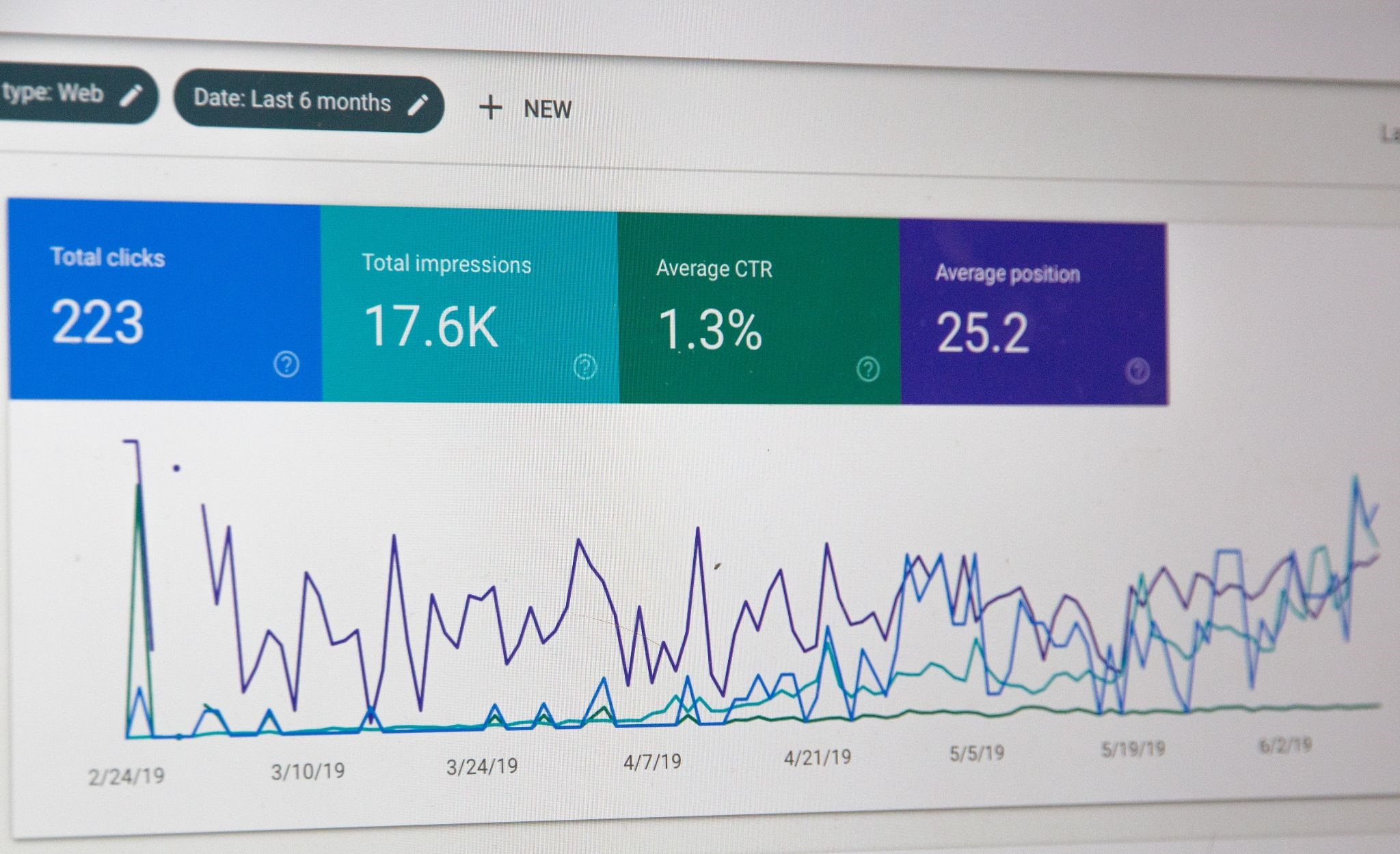As a business owner or marketer, it’s essential to know how your competitors are performing in the Search Engine Result Pages (SERP). Analyzing your competitor’s SERP can give you insights on how to optimize your website, content, and strategy to outrank them in the search results. In this article, we will discuss some tips and tricks to analyze your competitor’s SERP effectively.
What is SERP?
Before we dive into analyzing SERP, let’s first define what SERP is. Search Engine Result Pages (SERP) is the page that appears in response to a user’s search query. It is a crucial element of search engine optimization and digital marketing strategy as it determines a website’s online visibility and traffic. SERP is composed of both organic and paid search results, which are displayed based on their relevance and authority. Organic results are web pages that appear on the search engine without any payment, while paid results are advertisements placed by advertisers to appear on top of organic results.
SERP is an ever-evolving aspect of the search engine algorithm, and search engines such as Google, Bing, and Yahoo continually update their algorithm to provide users with the most relevant and valuable results. Factors that affect SERP ranking include keywords, content relevance, backlinks, page load speed, and mobile-friendliness. Websites that rank higher in SERP enjoy increased visibility and more traffic, leading to higher conversion rates and revenue.
Analyzing your competitors’ SERP is an essential aspect of digital marketing strategy. It enables businesses to identify their competitors’ strengths and weaknesses, and develop a strategy that leverages that information to improve their own SERP ranking. SERP checking tools, such as SEMrush and Ahrefs, enable businesses to analyze their competitors’ SERP and track changes in their ranking. By analyzing their competitors’ SERP, businesses can identify their target keywords, analyze their content strategy, and identify potential backlink opportunities.
Why Analyze Competitor’s SERP?
Analyzing your competitor’s SERP can give you valuable insights into their digital marketing strategy. By knowing your competitor’s top-performing pages, keywords, and backlinks, you can identify the gaps in your strategy and improve your online visibility. Here are some benefits of analyzing your competitor’s SERP:
- Identify top-performing keywords: By analyzing your competitor’s SERP, you can identify the keywords they are ranking for and the ones they are targeting. This information can help you optimize your content and target the same keywords to increase your visibility in the search results.
- Analyze their content strategy: By analyzing your competitor’s top-performing pages, you can identify the type of content that resonates with your audience. This can help you improve your content strategy and create content that is more engaging and relevant to your target audience.
- Identify backlink opportunities: Analyzing your competitor’s backlinks can help you identify potential backlink opportunities for your website. By analyzing their link-building strategy, you can identify the websites they are linking to and approach them for a link.
Tips and Tricks to Analyze Competitor’s SERP
- Identify Your Competitors
The first step to analyzing your competitor’s SERP is to identify your competitors. Start by making a list of your top competitors in your niche. You can use tools like SEMrush, Ahrefs, or Serpstat to identify your competitors and analyze their online performance.
- Analyze Their Top-Performing Pages
Once you have identified your competitors, the next step is to analyze their top-performing pages. Use a SERP checking tool to identify the pages that are ranking on the first page of SERP. Analyze their content, format, and structure to identify what’s working for them.
- Identify Their Target Keywords
Use a keyword research tool to identify the keywords your competitors are targeting. Analyze the volume, difficulty, and competition of these keywords to identify the ones you should be targeting.
- Analyze Their Backlinks
Use a backlink analysis tool to identify the websites linking to your competitor’s website. Analyze the quality, relevance, and authority of these websites to identify potential backlink opportunities for your website.
- Monitor Their SERP Performance
Once you have analyzed your competitor’s SERP, it’s essential to monitor their performance regularly. Use a SERP checking tool to track their rankings and identify any changes in their strategy.
Examples of SERP Analysis
Let’s take a look at some examples of SERP analysis and how it can help you improve your digital marketing strategy.
Example 1: Competitor A is ranking higher for a target keyword
Using a SERP checking tool, you notice that Competitor A is ranking higher for a target keyword that you are also targeting. By analyzing their top-performing page, you notice that they have a comprehensive guide on the topic with detailed information and examples. You can use this information to optimize your content and improve your website’s rankings for the target keyword.
Example 2: Competitor B has more backlinks from authoritative websites
Using a backlink analysis tool, you notice that Competitor B has more backlinks from authoritative websites compared to your website. By analyzing their link-building strategy, you identify the websites they are linking to and approach them for a backlink. This can help improve your website’s authority and rankings in the search results.
Conclusion
Analyzing your competitor’s SERP can give you valuable insights into their digital marketing strategy and help you improve your online visibility. By identifying your competitors, analyzing their top-performing pages, target keywords, and backlinks, you can identify gaps in your strategy and improve your website’s rankings in the search results. Remember to monitor your competitor’s SERP performance regularly and adapt your strategy accordingly. Use SERP checking tools and other analysis tools to get the most out of your competitor analysis.

